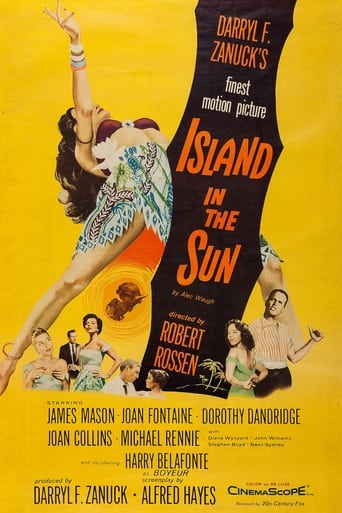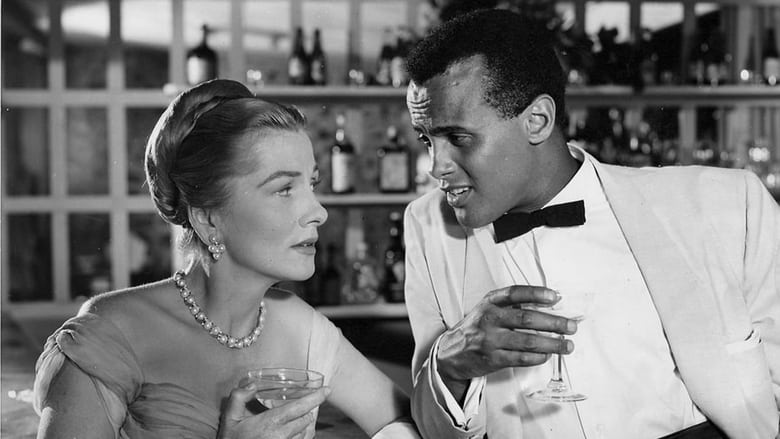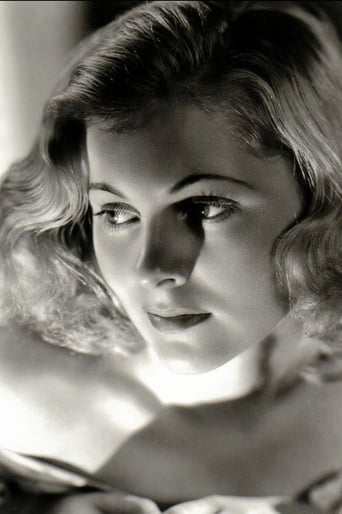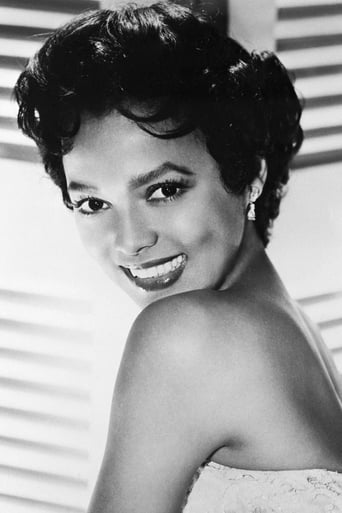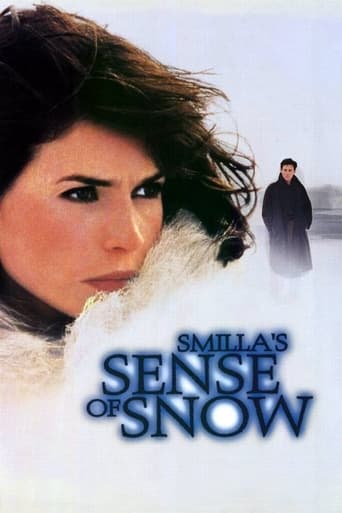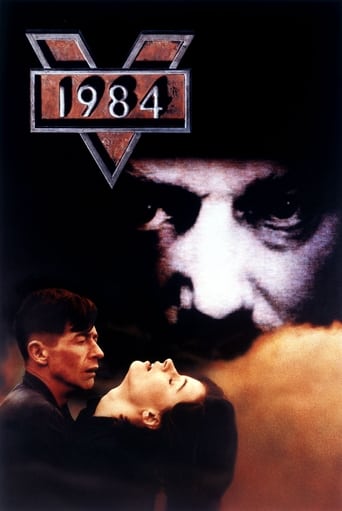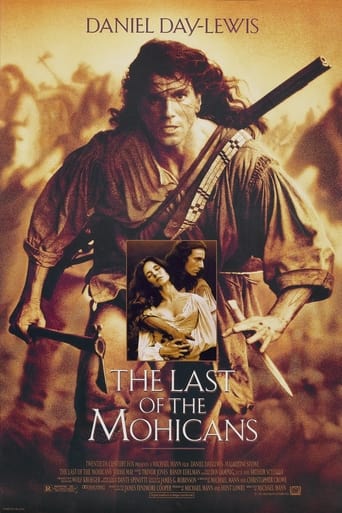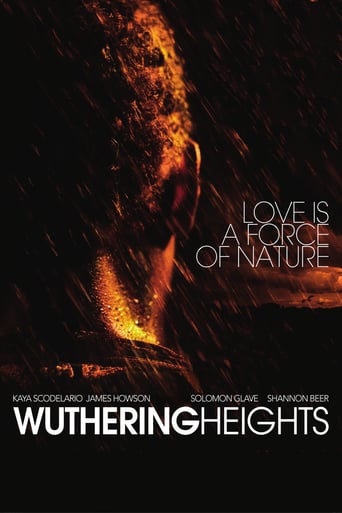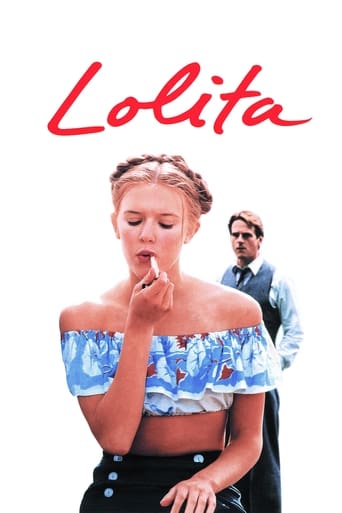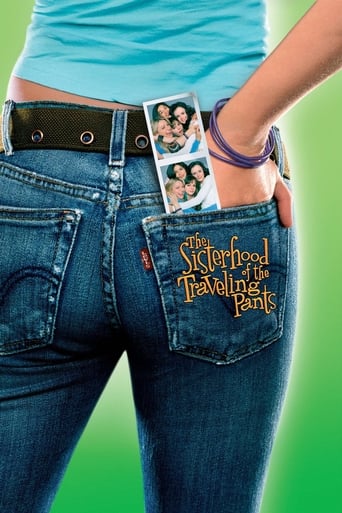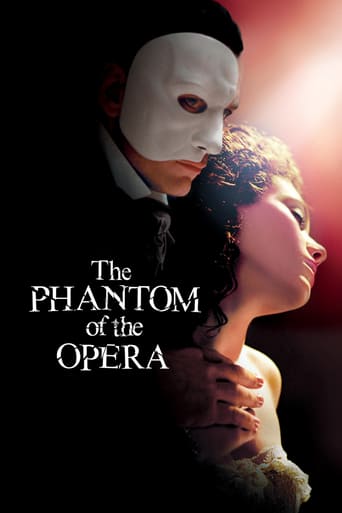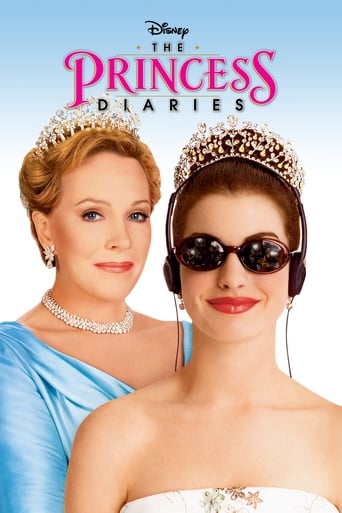Island in the Sun (1957)
On a Caribbean island, a rich landowner's son, Maxwell Fleury, is fighting for political office against black labor leader David Boyeur. As if the contentious election weren't enough, there are plenty of scandals to go around: Boyeur has a secret white lover and Fleury's wife, Sylvia, is also having an affair. And then, of course, there's the small matter of a recently murdered aristocrat.
Watch Trailer
Free Trial Channels
Cast


Similar titles
Reviews
Instead, you get a movie that's enjoyable enough, but leaves you feeling like it could have been much, much more.
Your blood may run cold, but you now find yourself pinioned to the story.
A film of deceptively outspoken contemporary relevance, this is cinema at its most alert, alarming and alive.
Exactly the movie you think it is, but not the movie you want it to be.
Having never read the book I can't comment on it, but it seems that the political implications of Alec Waugh's novel was largely sacrificed for the romance. Island In The Sun is a big old romance novel set in a British crown colony just as the United Kingdom was getting shed of its colonial empire. The island at one time was a part of the French empire to explain the name of Fleury as one of the island's big plantation owners. Their romantic entanglements form the basis of the novel.Basil Sydney and Diana Wynyard are the head of the Fleurys and they have two surviving children James Mason and Joan Collins. Mason is married to Patricia Owens and he suspects her of having an affair with a rather dissolute, but charming doctor Michael Rennie. Collins is kanoodling big time with Stephen Boyd the governor's son and would be peer. The governor's aide John Justin is having a fling with Dorothy Dandridge. But most shocking of all another plantation heiress Joan Fontaine is considering taking up with Harry Belafonte who sings a couple of Jamaican ballads which is always good.That interracial kiss between Belafonte and Fontaine was daring and groundbreaking and no doubt Island In The Sun had zero bookings in the American South. How silly we were back then.A story about the Fleury family reveals that Sydney's grandmother was black though I'm sure she could have passed. That sets in motion some radical reassessment of the family's status. They still have their money, but not entry into some of the best homes. Mason who has decided to stand for the local parliament with his opponent being Belafonte tries to exploit his new found black heritage with disastrous results. It ends in tragedy, but also in a strange twist happiness for one of the Fleurys as it is discovered the parents have their secrets.Harry Belafonte and James Mason stand out in this film. Belafonte has some real screen charisma. As for Mason his is a complex role of a strange man with a brooding inferiority complex that was acting out even before the news of his great grandmother.And of course the West Indies looks nice. I'm sure the original novel had more of the political situation of the time in it. Island In The Sun the movie drained most of that and we get a tropical soap opera instead.
The first issue I had was James Mason. When I was young I thought he was a very good actor. And sometimes he was. Perhaps it was that wonderful voice. In recent years I've taken a second look at Mason's work, and I'd have to say his performances were rather uneven, and in my view his performance here was horrid. Maybe it was the director, or maybe it was the way Mason interpreted his character, but petulance did not fit here, and for much of the first half of the film, that's what Mason's character was -- petulant.The second issue was Dorothy Dandridge. I knew of her, but I'm not sure I ever saw her in another film. Perhaps. But, if this is an example of her at her best, then I'm not impressed. Although, she was remarkably beautiful.A third issue was Joan Collins. Now I enjoyed her in "Dynasty", but that doesn't mean I thought she was a good actress. She knew how to look seductive and sexy. But she didn't know how real people talk or behave, and it certainly shows here.A fourth issue was transitions from one setting/scene to another. Sometimes they seemed awkward, as if the scene wasn't really quite finished, even though it had ended.A fifth issue was the dialog. It was mostly okay, but occasionally it seemed to misfire. For example, the car has been sabotaged with the rotor taken out, and the response is, "It can't be a coincidence." Well, duh! And then there's Joan Fontaine's apparel. Just seemed a little too "white" in a film about interracial love affairs. Over done.So you might think I didn't like the film. Well, despite all the issues, overall I thought it was quite good. First of all, for 1957, interracial romance was a hot topic. This film took courage, particularly for Joan Fontaine.This was more an ensemble cast than a star vehicle. So, I enjoyed seeing Michael Rennie, an actor that I always felt was underestimated. John Justin was quite good. Stephen Boyd was sounding VERY British here, but he played the part nicely. Diana Wynyard, as the mother with a secret, has one exceptional scene when she finally tells her daughter a truth; this was her final film. John Williams always played a wonderful detective (as in "Dial M For Murder); a treat to see him in the same type of role here! I also enjoyed Ronald Squire.In case you think I forgot Harry Belafonte, no, I didn't forget. I just don't think of him as an actor.Despite some real issues, I liked the film. It has a strong plot, is lavishly produced with beautiful settings, and its theme is still very timely...amazing after nearly 60 years!
"Island in the Sun" was made in 1957, a date at which Britain still retained its colonial possessions in Africa and the West Indies, although it was clear that they were moving towards independence, following the example of India and Pakistan which had become independent in 1947. The film traces this process on the fictitious Caribbean island of Santa Marta. One of the main characters is David Boyeur, a rising young black trade union leader and politician whose radical views and popularity among the common people make him a threat to the island's traditional white ruling class.Another main character, Maxwell Fleury, is a member of that class, or would be if he were wholly white rather than of mixed race. In the course of the action Maxwell, who has always believed himself to be white, learns that he also has black ancestry. At one time a Caribbean plantation owner's son would have been horrified by such a revelation, but Maxwell, who is trying to make a career in politics, welcomes it, believing that he will be able to use his black blood as an electoral asset. His younger sister Jocelyn, however, is troubled by the news, fearing that it will ruin her budding romance with Euan Templeton, the son and heir of the island's aristocratic Governor. The film combines several interconnected plot lines. One deals with the political rivalry between David and Maxwell, another with the love of Euan and Jocelyn. Two, controversially for the fifties, deal with interracial romance. David is having an affair with Mavis Norman, the daughter of another elite white family, and Denis Archer, a young British official on the Governor's staff, has fallen in love with Margot, a local black girl. The romance between Denis and Margot ends happily, but David eventually sacrifices Mavis for the sake of his political career, breaking off the affair when he realises that marriage to a white woman, especially a woman from the island's ruling class, would prove an electoral liability and lose him votes from a predominantly black electorate. The most important plot line concerns Maxwell's private life. His marriage is an unhappy one, and he is tormented by suspicions that his wife Sylvia is having an affair. He is probably mistaken, but his jealousy becomes an obsession, leading him to confront Hilary Carson, the man whom he believes to be his wife's lover, killing him in the course of their quarrel. Much of the film deals with the police investigation of the murder.In one respect, that of age, James Mason was the wrong choice to play Maxwell. It is difficult to accept him as the brother of Joan Collins, in reality twenty-five years his junior, especially as we learn that Maxwell was not the oldest child. (He had an elder brother). It might have been better if the script had been rewritten to make Jocelyn Maxwell's niece rather than his sister. In every other respect, however, he was the right choice. Maxwell is a psychological mess. At the root of many of his problems is an inferiority complex arising from the fact that, as a boy, he was overshadowed by his brilliant older brother Arthur, and has been unable to emerge from that shadow even after Arthur's death in the war. His decision to run for office has less to do with any firm political beliefs (unlike his rival David, who has strong convictions) than with the boost to his ego that electoral success will bring him. His unfounded suspicions of Sylvia appear to derive from a lack of belief in his own manhood. Mason is excellent in portraying this complicated, troubled individual and gives a fine performance. Another good performance comes from John Williams, an actor I had not previously come across, as Colonel Whittingham, the head of the island's police force. He knows that Maxwell was responsible for killing Carson, but has no evidence to prove it, so plays complex mind-games with Maxwell in a bid to get him to confess. Dorothy Dandridge is also good as Margot, although hers is a relatively small role. This was her first film since her success in "Carmen Jones", in which she played the lead, three years earlier. Hollywood's institutionalised racism seems to have prevented this beautiful and gifted actress from achieving her full potential. Not all the acting is so good. Stephen Boyd, later to rise to fame as Charlton Heston's enemy Messala in "Ben-Hur", is particularly wooden as Euan. Harry Belafonte, who plays David, was perhaps more gifted as a singer than as an actor, and here gives an excellent rendition of the film's famous theme song. As an actor, however, he is not as good here as he was in "Carmen Jones", in which he also starred alongside Dandridge. The film's title is partly literal and partly ironic. The islands of the Caribbean are often seen by outsiders as a carefree, sunny tropical paradise, and the colour photography, concentrating on the island's natural beauty, has something of the look of a tourist travelogue. To local people, however, the islands can often seem far from paradise. Their economy was, after all, originally based on slavery, and even after its abolition many class-based and race-based tensions and inequalities remained. Meteorologically, the Caribbean may be sunny; politically and socially it can be as stormy as anywhere else on earth. It is therefore to the film's credit that it attempts to reflect some of these tensions in its storyline. Despite his shabby treatment of Mavis, the portrayal of David is generally a sympathetic one at a time when left-wing politicians were often depicted in the cinema as Communist rabble-rousers. "Island in the Sun" is interesting not only as a psychological drama but also for the picture it gives of life in a British colony in the years leading up to independence, a subject (India apart) not often treated in the mainstream cinema. 8/10
Alec Waugh's novel dealt with murder, incest, racism and other assorted social problems including politics--and one would think that the film made from his best-selling novel would have to be something really important and vastly entertaining. Sorry--not so. The script is a major dud requiring a viewer to sit through two hours of boredom relieved only by a chance to gape at some nice scenery.The actors have all done better work elsewhere--and that includes JAMES MASON, HARRY BELAFONTE, JOAN FONTAINE, JOAN COLLINS, STEPHEN BOYD, PATRICIA OWEN and DOROTHY DANDRIDGE. At the time of release it may have stirred up some controversy because of the racial theme but none of the love interest is graphic enough to quicken anyone's pulse, then or now.The Fontaine/Belafonte match suffers from poor writing and she looks vaguely uncomfortable in her role most of the time. It all comes off as cheap soap opera material, cleansed of any serious look or discussion of racial problems among the upper and middle class set depicted in the film.But what matters most of all is that the film is a boring mess, long and very undistinguished despite its stellar cast.

